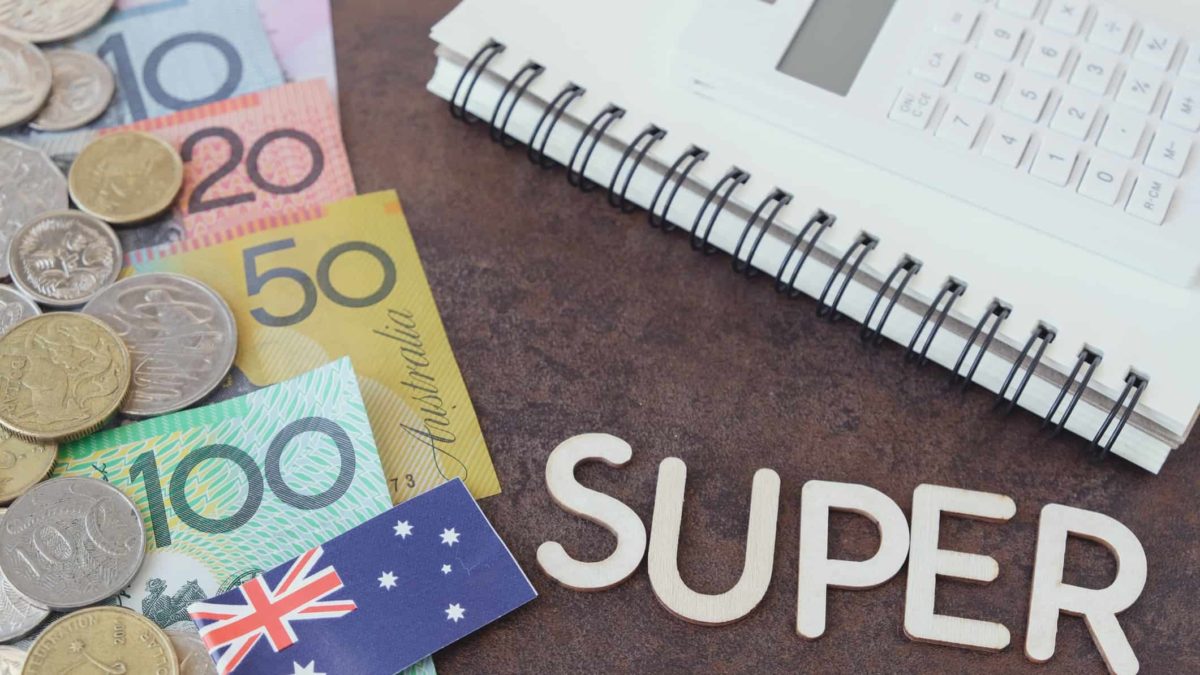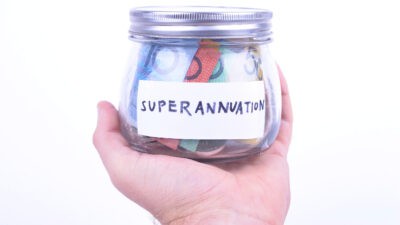
Image source: Getty Images
A couple of short Friday takes…
The Super kerfuffle?
Yeah, I've been asked about that – a lot – this week.
And I have some views. Views that might not (or might) be popular among some people. Might not be popular among some of our members.
Now, if I was the average finance type, and The Motley Fool was the average finance company, we'd just read the room, and argue for whatever made the most money for our members.
But I'm not.
And we're not.
I believe in good policy. I believe in fairness, and reasonableness, and the elevation of the national interest above all.
Lofty? A little full of myself?
Maybe.
But here we are.
And here's my view on potential changes to Super:
First, tax policy should be implemented fairly. It should raise money from taxpayers based on, among other things, their ability to pay, and the impact on them, once they'd paid it.
Second, 'framing' matters.
Starting with the status quo on Superannuation is the wrong framing for a principled discussion
Super was designed to relieve pressure on retirement funding, not as a wealth creation or estate planning tool.
Logically, it makes sense to incentivise saving and investing to build a large enough nest egg to deliver pension-replacing income, plus a little more for the vagaries & risks of investing and to recognise that the money was quarantined during their working lives.
And keeping with that logic, concessionary taxation should cease at a level of both contribution and income/withdrawal that exceeds that level (because after that point, the cost of Super exceeds that of the pension it seems to replace).
It's also why we shouldn't focus on the fund balance, but rather the size of the income stream, and tax income accordingly (there'd be an argument for removing concessions on earnings during the accumulation phase once the fund was of a size that made higher incomes likely).
That's how you'd approach it from first principles, free of either being anchored to the status quo or the self-interest of those who want to use Super as a tax shelter (meaningfully above pension income levels).
So when you consider the arguments for and against 'changing Super', remember the framing.
Ask not 'Should it be changed?', but rather 'How should it be set up to achieve the stated aims?'.
(And be careful of others framing the argument differently!)
Now, that's not going to endear me to some of our readers. They have different views, borne of different philosophies (and maybe, for a few, self-interest).
I hope you'll at least appreciate the honest, first-principles approach. It should be the least we ask of each other when discussing national policies.
A tale of two… tails?
I want to share two quotes with you:
Warren Buffett once wrote: "If a far-sighted capitalist had been present at Kitty Hawk, he would have done his successors a huge favor by shooting Orville down."
The other, more an aphorism than a direct quote: "The house always wins".
And yet, this week, we saw a tale of two, well, tails, which seems to make a lie of everything we think we know.
The first 'tail' – of the heads and tails gambling variety – was Star Entertainment Group Ltd (ASX: SGR); the casino operator that's currently without a licence in Sydney, which lost $1.3 billion in the last 6 months of last year, and which has passed the hat around for $800m in new funding, while begging its lenders to give it more time.
So much for the house always winning.
And the capital-destroying airlines? That's the other 'tail' tale – this time a red one with a white flying kangaroo embossed on it.
Qantas Airways Limited (ASX: QAN) this week delivered a $1.4 billion profit for the second half of 2022, and announced it was returning $500m to shareholders.
(We'll leave the $2b-plus of taxpayer funds the airline was gifted for another day…)
That's a helluva juxtaposition, huh?
Not just of two businesses with almost-opposite outcomes, but with outcomes that are largely the opposite of what most of the business world would expect of these two industries.
So… are these the examples that we need to put the accepted wisdom to bed? Or the exceptions that prove the rule?
Or, perhaps, are they points in time when black is white and north is south, destined, eventually, to reverse course?
I'd bet – no pun intended, but it was too good to leave out – on the latter.
And what about the rest?
We are now two business days out from the end of earnings season (trust me, it's been a long month, so I've counted!).
All companies with a December 31 balance date for their half or full financial years have to lodge their financials with the ASX.
And how would I summarise the last month?
Extreme.
The moves, in both directions, frankly seem pretty exaggerated to me. Don't get me wrong, some of the moves were justified, but a lot of the market reaction struck me as not too dissimilar to the moods of an overtired 5 year-old… variously not just happy, but ecstatic, and not just sad, but inconsolable.
There doesn't seem any room for nuance, or for thinking past the next 4 or 5 months.
If I'm right, that gives us some opportunities – to buy and to sell – based on the one-dimensional response to these earnings.
But that's for next week, the next month and the next year.
In the meantime, have a great weekend!
Fool on!








